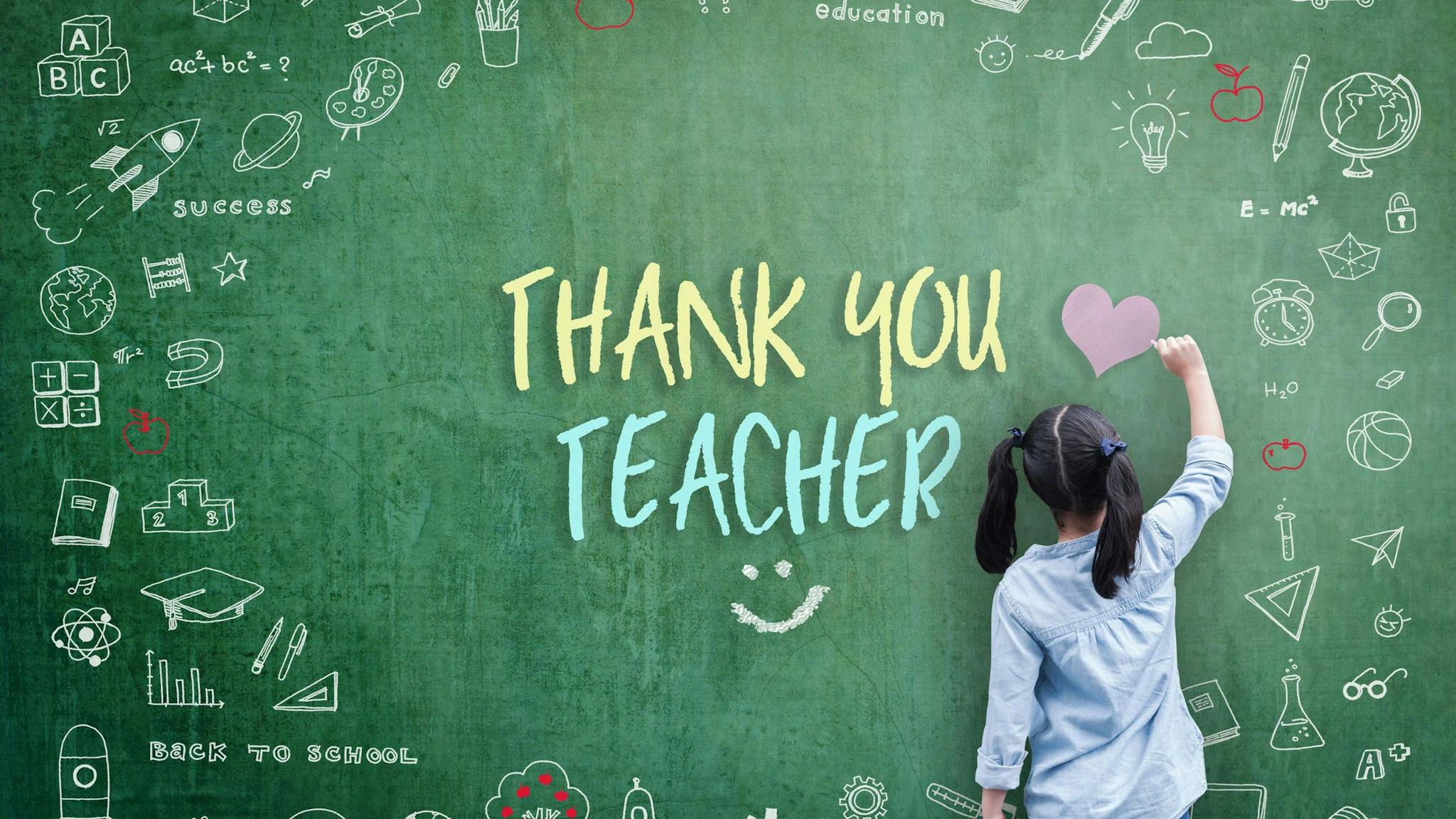Gratitude and resilience in education

The pandemic has had a dramatic impact on all of our lives. One of the sections of our society which has been particularly affected are children and teenagers. In addition to the physical effects, there has been a considerable effect on the mental health of young people. Depression, anxiety and insecurity are affecting the coming generation. During lockdown we have been less able to rely on peer support, someone to talk to about our worries and concerns. Now that our schools are reopening it might be time to change the 3 R’s of reading, writing and arithmetic to 4 R’s by adding resilience.
For well over a century, education has aimed to equip children with the three Rs. Yet well-being experts are now calling for a 4th R to be added to education, the R of resilience. In this way, just as it is considered normal for all students to learn reading, writing and arithmetic, it will be considered normal to learn about well-being. After all, although we now consider reading, writing and arithmetic to be basic functions of schooling, this was not always the case. In fact, prior to the Industrial Revolution, when these skills were not universally taught, the idea of teaching the three Rs to all children was considered revolutionary and required a paradigm shift about the purpose of schools in society.
A school curriculum that incorporates well-being will ideally prevent depression, increase life satisfaction, encourage social responsibility, promote creativity, foster learning and even enhance academic achievement. To consider another benefit of teaching well-being.
Normalising conversations and self-inquiry about well-being and mental health at a young age will prompt long-term benefits for children as they grow into adulthood with greater self-awareness and emotional intelligence.
We can implicitly teach well-being in classes, but resilience can go further, as teachers can support each other by expressing gratitude, showing appreciation to one another, offering assistance and thanking others for their help. The teacher may be alone in the classroom but education is a team game!
When adults actively learn about well-being they often ask, “Why didn’t I learn these skills earlier?” Therefore, on a more fundamental level, teaching well-being offers an upstream, prevention approach to well-being which will, hopefully, reduce the alarming rates of mental illness and ease the downstream pressure on health care systems that have to react to illness.
In a recent interview, TAP’s Education Advisor Kerry Hill said:
Gratitude helps us to turn a negative into a positive, and this is a really important part of resilience. Not just coping with an issue or a problem but the next time we encounter a difficulty or a problem, we will be able to positively manage that issue or challenge using our experience learned from the previous support we received from those around us.
Resilience needs to be embedded in the very structure of our lessons. By encouraging pair and group work we can establish a culture of helping each other; if we are successful as a team we are also successful as individuals, we can achieve greatness together! By starting the process of positivity through gratitude and resilience with our young learners we are building a more emphatic, caring future society, starting today!
You can listen to Kerry Hill being interviewed on TAP’s Education Radio Show here: https://soundcloud.com/thankandpraise/education-radio-show/